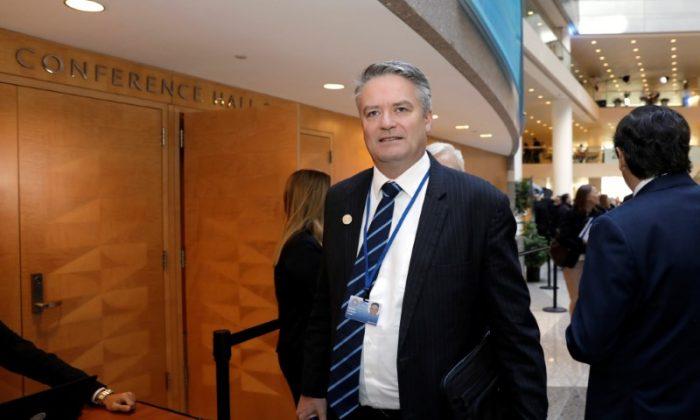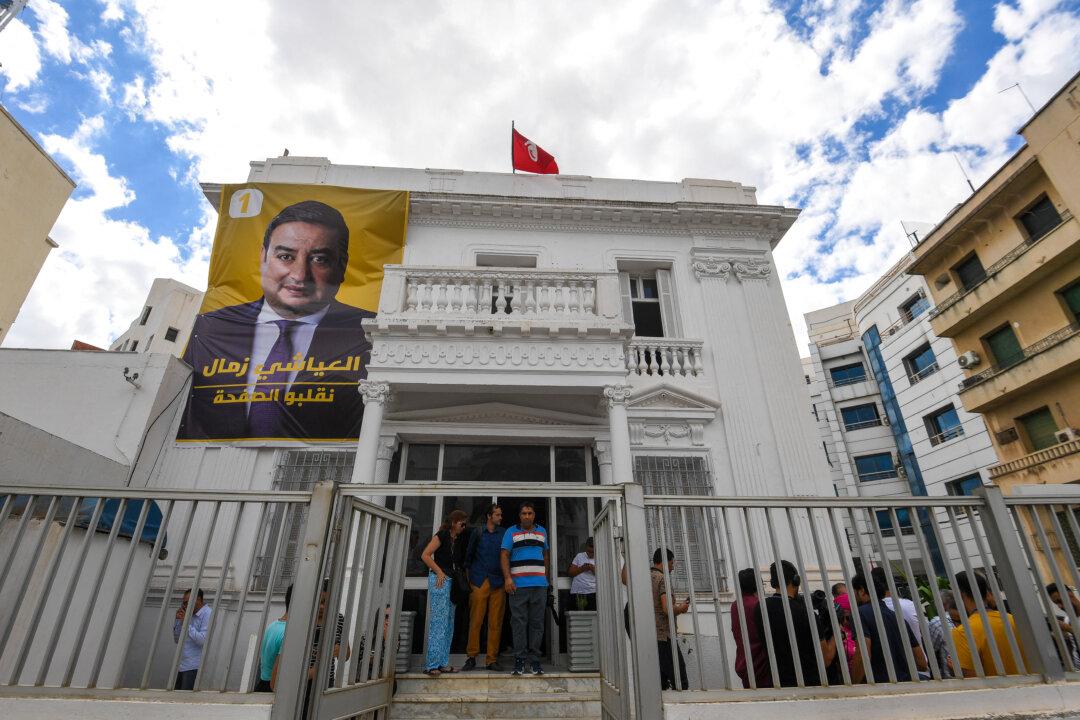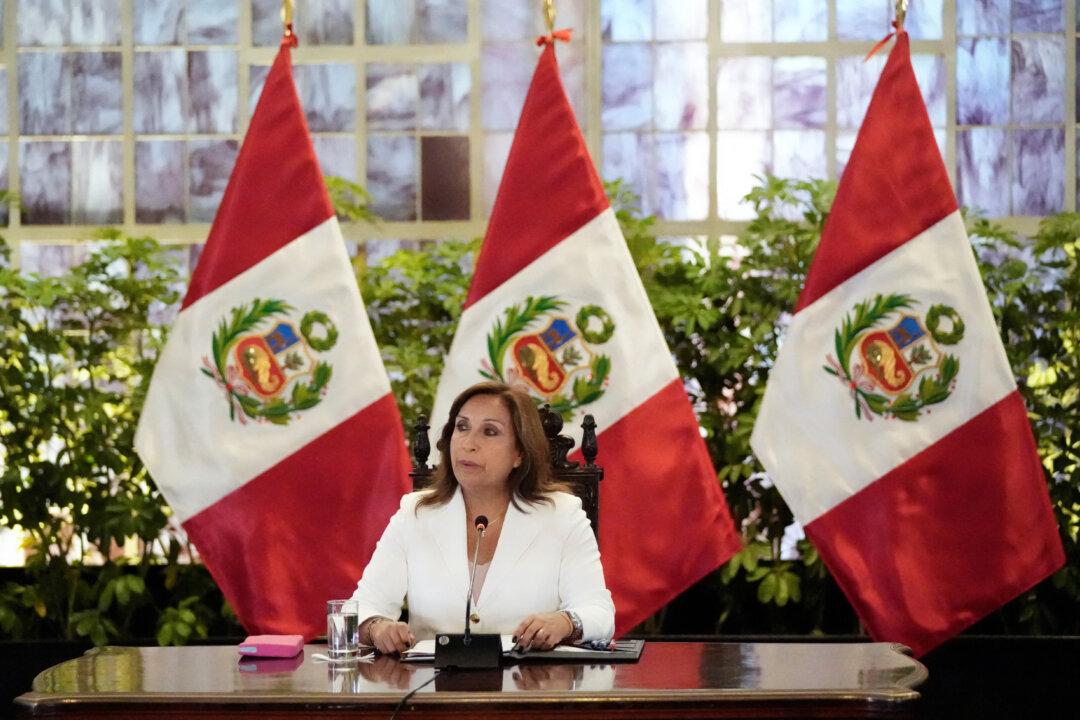The government was four votes short in securing the number needed to pass the tax cuts for businesses. Minister for Finance Mathias Cormann said the Coalition government will try again when Parliament resumes in August after its winter recess.
“We need more time to make our argument to our [independent] colleagues on the Senate cross-bench and we, of course, will continue to make our argument in the Australian community. That is why we have decided to defer consideration of the legislation to implement our plan,” Cormann told reporters in Canberra, the national capital.
Following the lead of the United States, Prime Minister Malcolm Turnbull proposed to cut Australia’s corporate tax rate to 25 percent from 30 percent.
Turnbull had hoped the tax stimulus would boost employment—bolstering his re-election chances—but Cormann said the government had failed to win over enough independent senators.
But with a powerful public inquiry hearing damning evidence of misconduct in Australia’s financial sector, many lawmakers are resistant to giving tax breaks to big businesses.
Turnbull must now rely on the economic stimulus of his recently passed A$144 billion (US$105.71 billion) package of income tax cuts to strengthen employment and ideally speed up stagnant wage growth.
However, on Wednesday morning, Hanson said she was open to negotiations. Later in the day, she told reporters that “Minister Cormann has not got me over the line” on the policy. She has since stuck with that decision.
The prime minister also donates his money to other charities and organisations such as the Wayside Chapel and the Tribal Warrior Aboriginal Corporation, according to the news website.
In response to the ad, Turnbull said past Labor leaders would be “horrified” by the attack.
“That’s apparently not the Labor way anymore. You are not allowed to have a go or be successful,” he said, reported the news website.
Australia’s next federal election must be held by May 2019.





